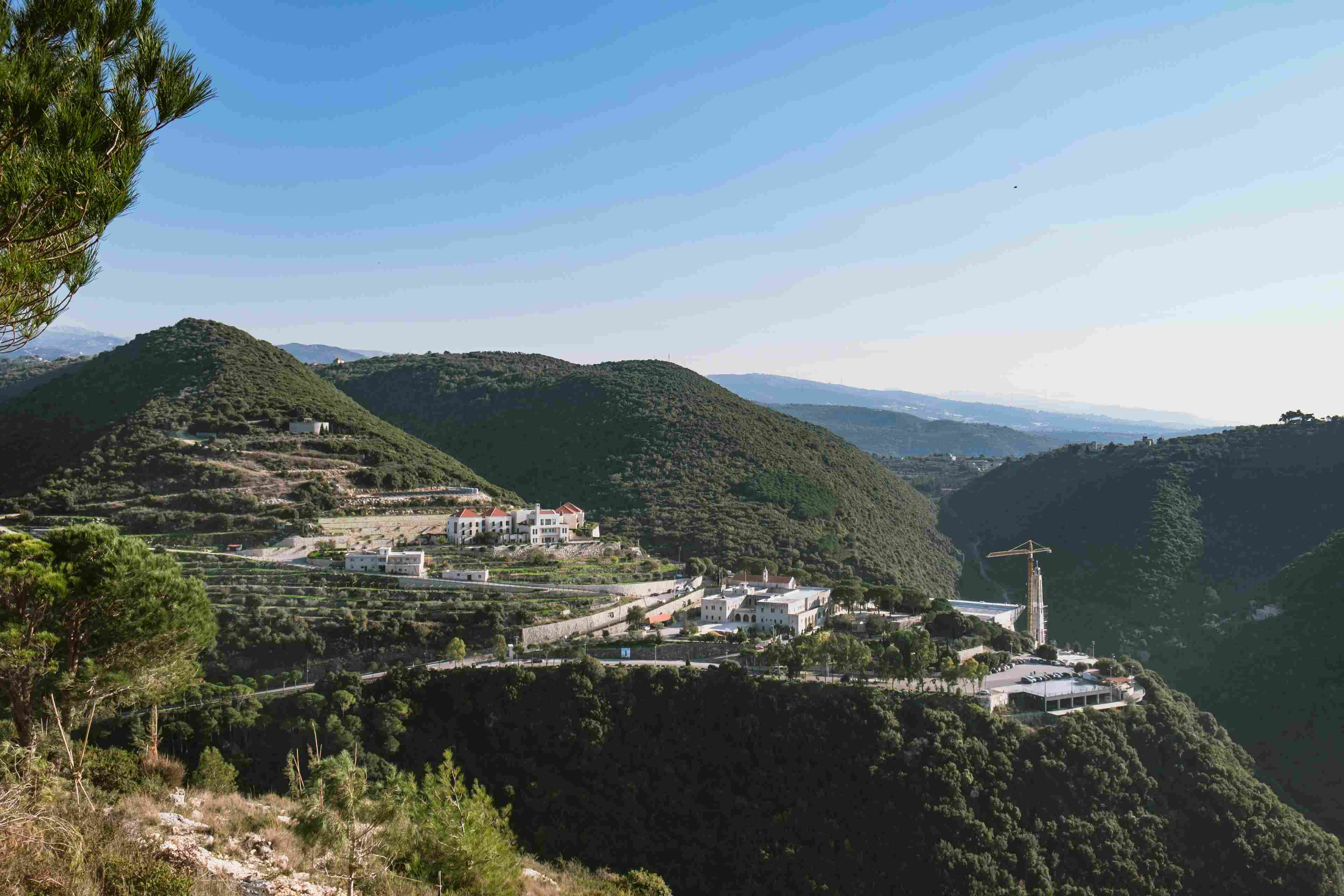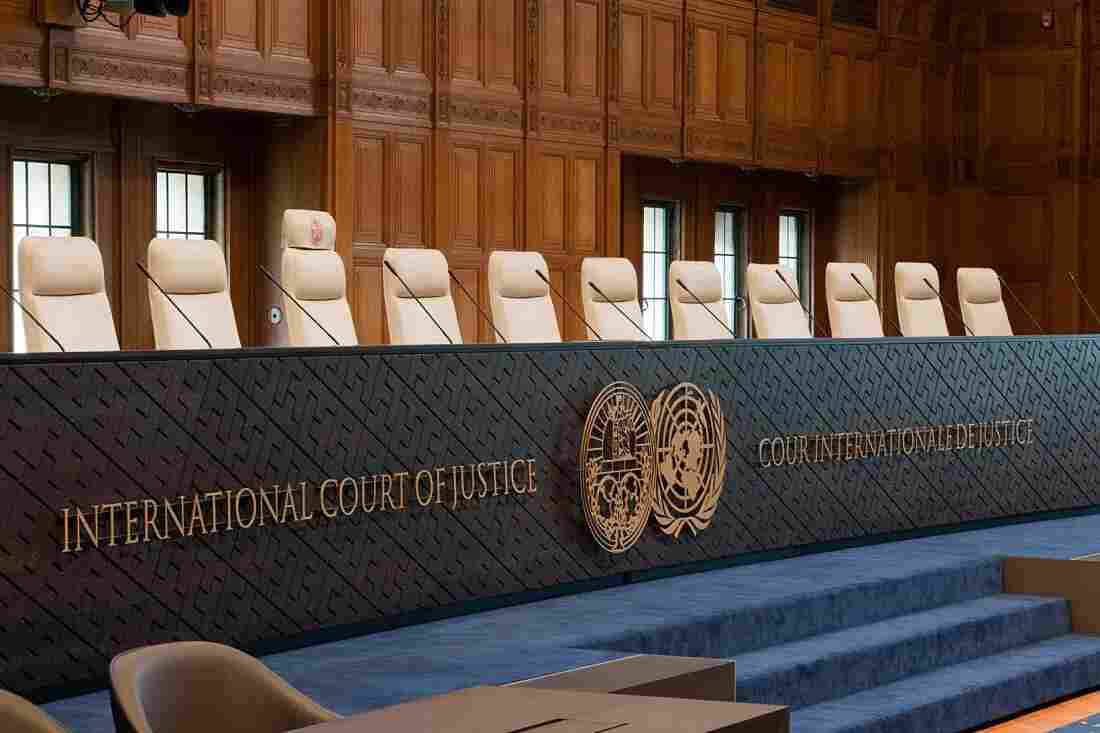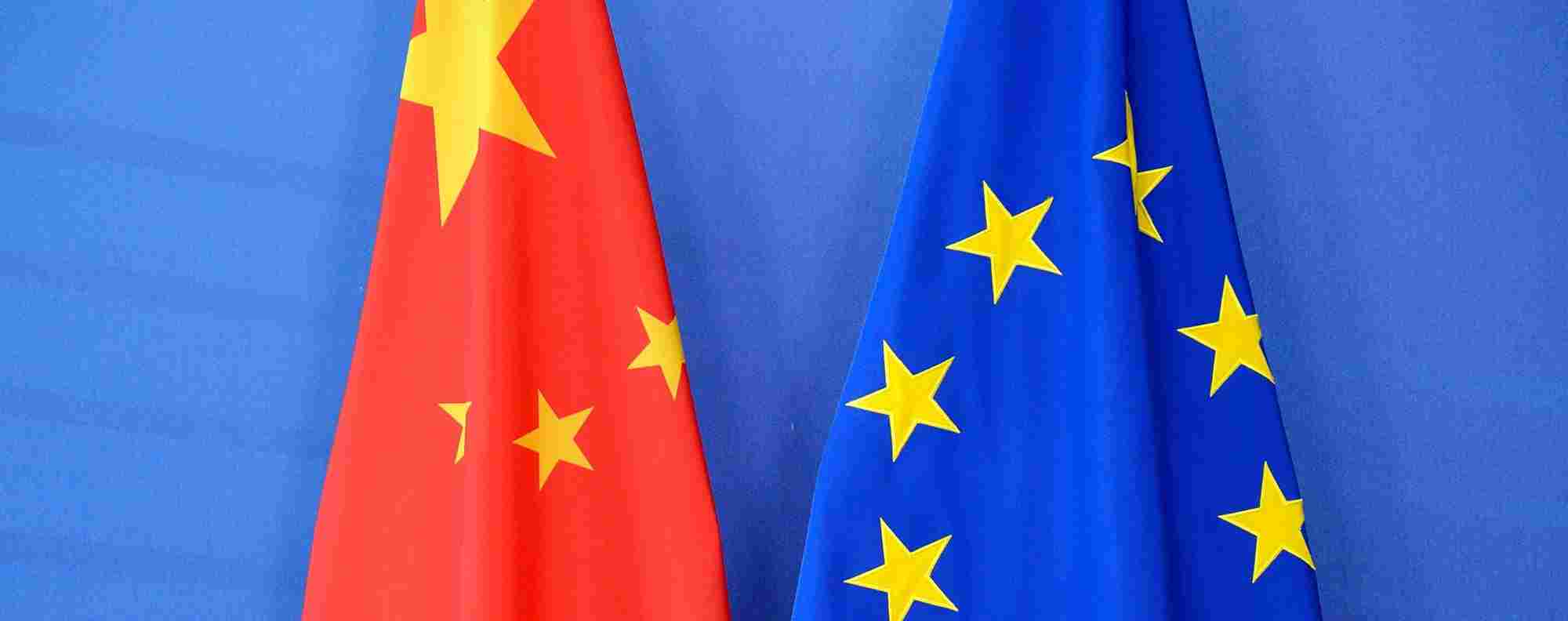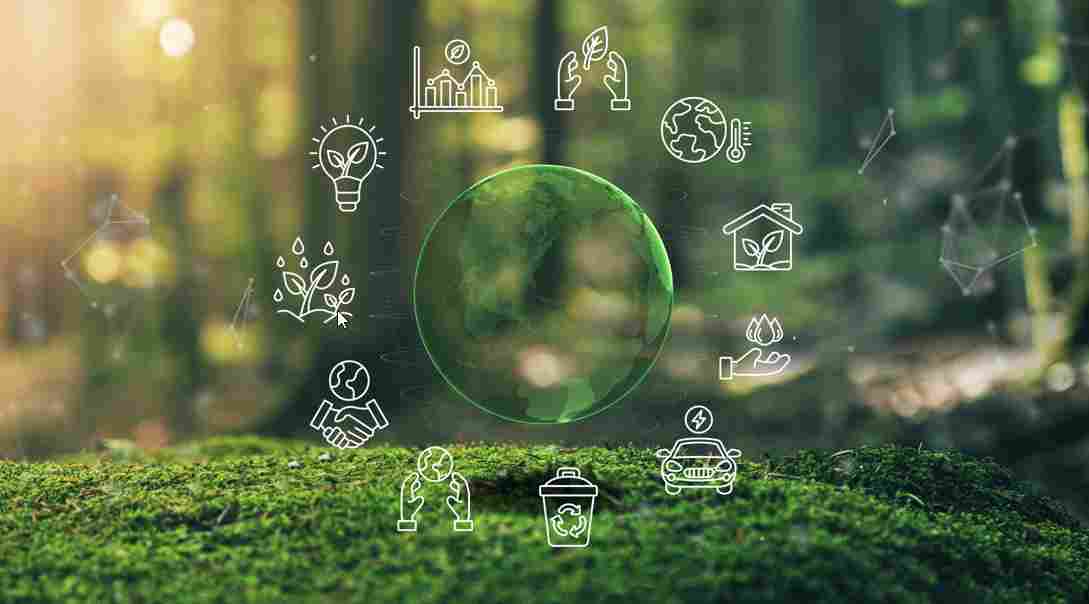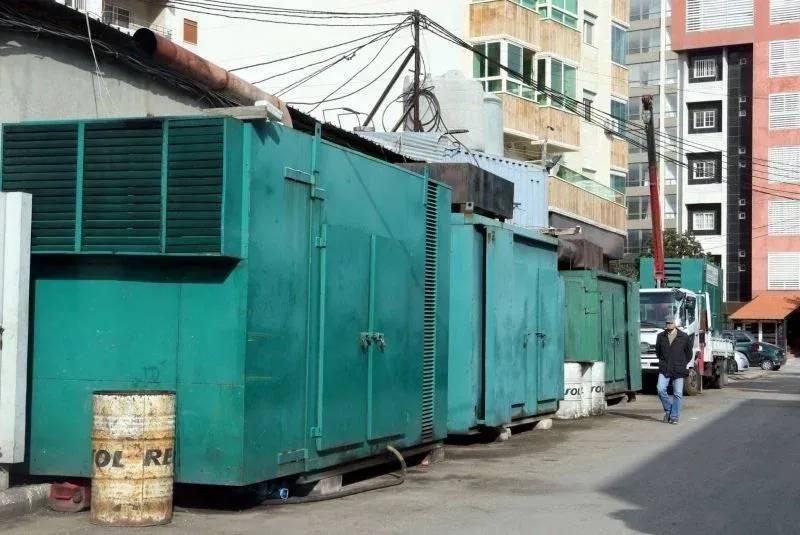
Beirut, Lebanon (Enmaeya News) — Lebanon is taking a concrete step toward cleaner air as 130 private generators in Ashrafieh are now required to install filters and comply with environmental and safety standards.
This achievement was made possible through collaboration between Judge Nadim Zuwein, State Security officers, and a two-year comprehensive study led by Member of Parliament (MP) Najat Aoun Saliba in partnership with the Social and Economic Institute for Development (SEID).
The study offered a clear roadmap addressing scientific, legal, financial, and governance aspects, demonstrating that Lebanon’s environmental challenges can be tackled with vision, determination, and persistence.
Lebanon’s Emissions Today
Lebanon’s greenhouse gas emissions have been climbing for decades, but recent numbers show a mixed picture.
In 2022, the country’s total emissions stood at 19,491 gigagrams of CO₂ equivalent — a standard way of measuring climate pollution — after factoring in how much carbon is absorbed by forests and land use.
Emissions did fall by 32% between 2019 and 2022, but experts stress that this drop had little to do with environmental policies. Instead, it was largely the result of Lebanon’s severe economic crisis, which reduced fuel consumption and industrial activity.
Right now, transportation is the single biggest polluter, responsible for nearly one-third of all emissions (32.6%). Industry comes next at 12%, followed by waste at 6.7% and agriculture and land use at 3.8%.
If Lebanon continues without major reforms or green policies, analysts warn that emissions could double by 2050 under a “business-as-usual” scenario — worsening air quality and climate risks.
Lebanon’s Upcoming NDC Submission
Lebanon is set to submit its updated Nationally Determined Contributions, or NDCs, in September 2025 ahead of the COP30 climate summit. The NDCs will outline targets to cut emissions by 2035, with strategies aimed at reaching carbon neutrality and eventually moving into negative emissions.
The combination of immediate local steps and long-term climate planning underscores Lebanon’s effort to curb pollution, improve air quality and align with global climate goals.
